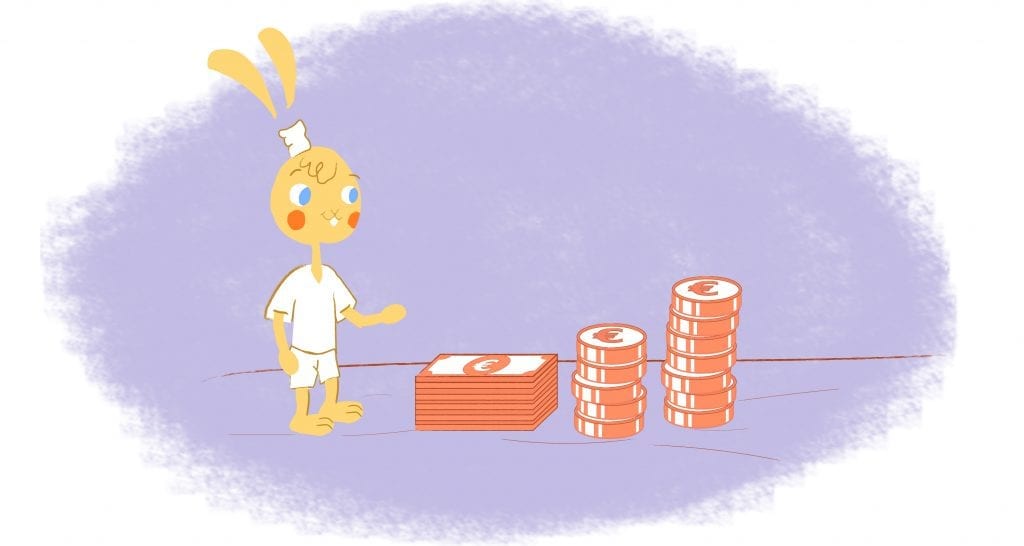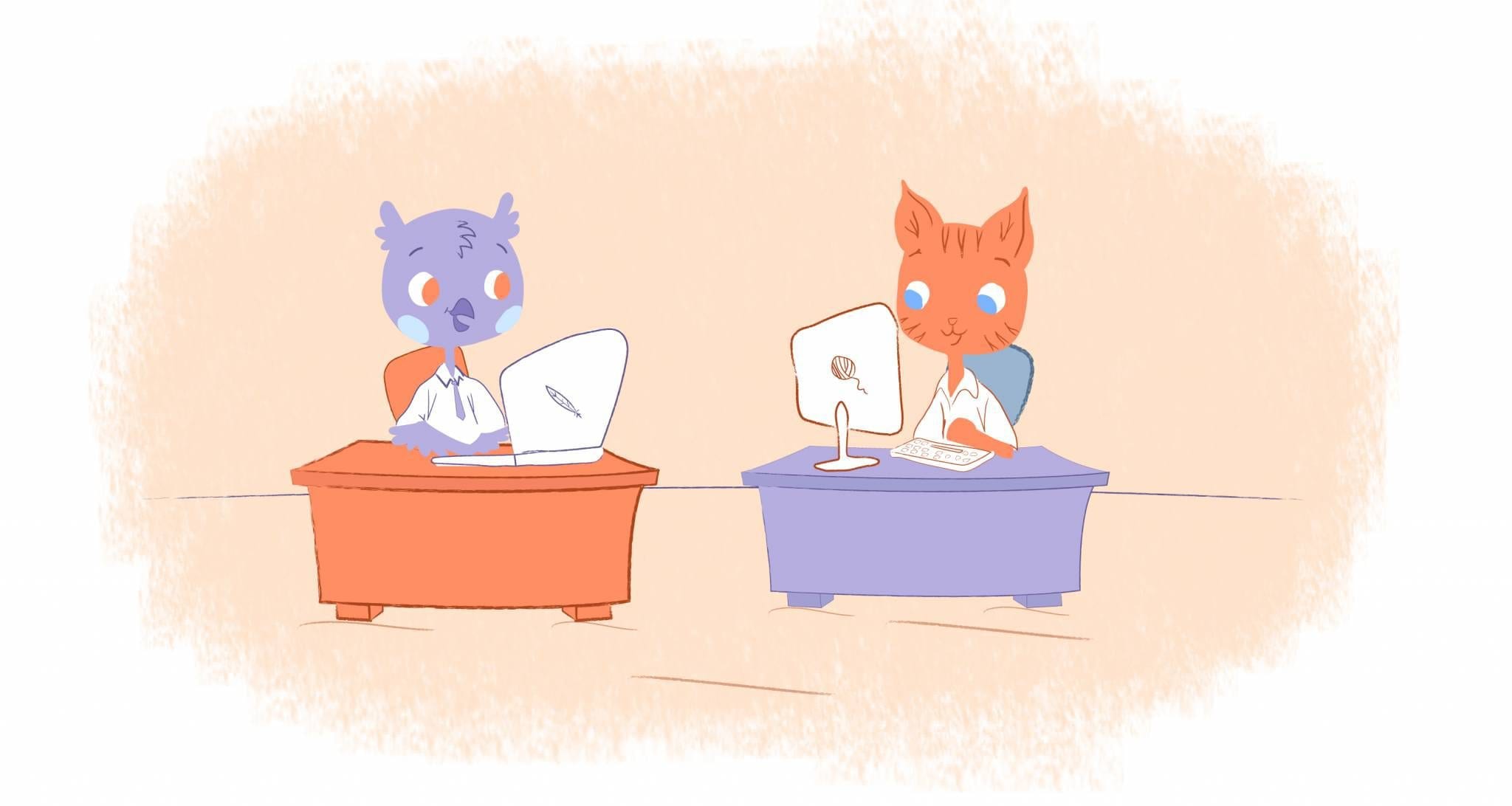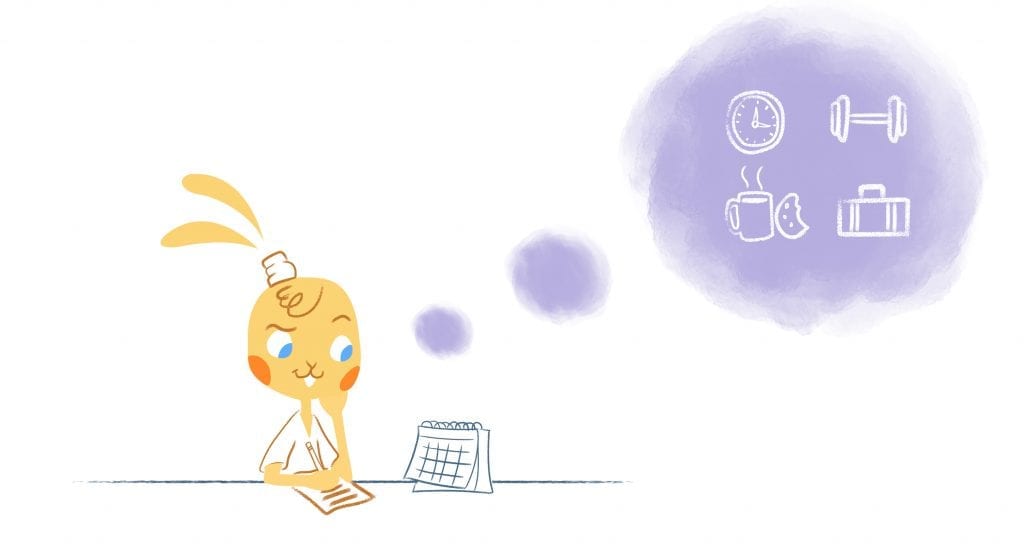

Time is a precious thing, and sometimes it feels like there aren’t enough hours in a day to get everything done. However, that’s likely untrue. With 24 hours in a day, maybe it’s actually your fault not everything is getting done. In fact, there are a number of ways you’re likely wasting your time without even realizing it.
Today, many people think multitasking and doing a number of things at once will help them cut time and get ahead. That’s not the case at all. Research shows that multitasking can actually take more time than focusing on one thing at a time, and it can also make your work more prone to errors.
Constantly checking your email is another bad habit because once you open up that inbox, who knows how much time you could end up spending on there. On average, a person spends 2.5 hours a day on email.
Here are six ways you’re probably wasting your time without even knowing it.
1. Multitasking
While juggling emails, taking phone calls and working on projects all at the same time might feel like you’re accomplishing more, it turns out, that’s not the case at all. In fact, multitasking like this can actually take a toll on your time and productivity.
Recent research shows that people who multitask could lose up to 40 percent of their productivity. Because the time you spend constantly switching back and forth between one task and another can add up as your brain has to readjust.
Not only that, but people make more errors in their work when they multitask because they are not fully focused on a single task.
2. Constantly checking email
It’s great to be on top of things, but that doesn’t necessarily mean you have to be checking your email 24/7. On average, a person checks their email 15 times a day and spends two and a half hours on it everyday.
While it might feel necessary at times, there are definitely some ways you can cut down on your email usage. And a recommended approach is to have three designated times throughout the day to check your email.
Not only will this help you save time, but it’s also been shown to reduce stress levels too. An earlier study found that people who frequently checked their email were not only less productive, but also reported higher stress levels than people who only checked it three times a day.
3. Searching for everyday items
There’s no need to spend precious time searching for everyday items like your keys, phone or wallet. Not only does it feel like you’re wasting valuable time, but it can be incredibly frustrating too.
According to a recent study, the average American loses two and a half days every year looking for misplaced items. You don’t need to feed into this average, instead, one of the best things you can do to better organize your items is have a system.
Having designated places in your home where certain items go like wall hooks and phone docks will help you get out of the house quicker and onto better things.
4. Saying “yes” too often
Whether it’s a co-worker asking for help on a project or a friend asking for a favor, it can be difficult to say “no” sometimes. However, if you’re constantly saying “yes,” you’ll eventually stretch yourself thin and wind up spending hours helping other people out and being unable to do your own work. Of course, that doesn’t mean you should stop helping others altogether, you just have to strategize and know when to say “yes” and when to say “no.”
In an article published on Harvard Business Review, Brian Halligan, the CEO and co-founder of Hubspot, shares his experience always being the “yes-man” and how he eventually had to change his mindset and start turning people and offers down.
His three tips for prioritizing and knowing when to say “no” are simple:
- Write things down and analyze them against your available time
- Be firm with your “no” and if you are going to say “yes”
- Make sure you’re 100 percent in it and have the sufficient amount of time to fully invest
5. Eating junk food
It’s not the act of eating junk food that will bite into your time, but it’s the fact that foods high in sugar and fats will make you sluggish, which will ultimately hinder your productivity and make you slower. So if you’re indulging in sugary foods, do so with caution.
That sugar rush you get also comes with a crash and spikes and drops in your blood sugar can majorly affect your productivity. Instead, think of your food as fuel so focus on consuming healthy meals that will sustain you all day long. An earlier study found that people who consumed more fruits and vegetables were happier, more creative and more engaged.
6. Going to every meeting
Very often, many of us find ourselves sitting in long, boring and unnecessary meetings, which we likely didn’t even need to be a part of.
Today, employees, managers and even C-suite executives complain about how most meetings turn out to be major time-wasters. In fact, one study found that the average worker spends 31 hours a month in unproductive meetings. That’s just short of one and a half days! And not only is it a disadvantage to workers, but approximately $37 billion is lost in salary costs for businesses across the U.S. every year from unproductive meetings alone.
What’s the solution?
For starters, begin turning down meetings if you know your presence is not be needed. If you do need to be there, make sure to prep, send out notes and have an agenda. As a company, set policies in place to monitor and cut the time of meetings.
For example, Amazon’s Jeff Bezos has a “two pizza rule” when it comes to meetings, meaning a meeting should never have more people in it than two pizzas can feed.











Rose Leadem
Rose is a writer and artist living in New York City. She writes for magazines, startups and websites, including Entrepreneur Magazine, Frontrunner Magazine, Homepolish and more.